In the realm of business and communication, the terms branding vs marketing are often used interchangeably. However, they represent distinct concepts that play vital roles in the success of a business. Understanding the difference between branding vs marketing is crucial for organizations aiming to establish a strong brand identity and drive effective marketing campaigns. In this article, we will explore the definitions of branding and marketing, highlight their differences, and discuss how 3C Agency leverages these concepts to provide comprehensive business solutions.
What is Branding?
Branding encompasses the process of creating a unique identity and perception for a product, service, or company. It involves defining the core values, mission, and vision of the brand and communicating them consistently across various touchpoints. Branding aims to establish an emotional connection with the target audience, shaping their perception and loyalty towards the brand. It encompasses elements like brand name, logo, visual identity, tone of voice, and brand messaging. 3C Agency specializes in developing compelling brand strategies that resonate with the target market and differentiate businesses from their competitors.
What is Digital Marketing?
Digital marketing refers to the use of digital channels and technologies to promote products, services, or brands to a specific audience. It encompasses various tactics, including search engine optimization (SEO), social media marketing, email marketing, content marketing, paid advertising, and more. Digital marketing leverages online platforms and tools to reach the target audience, generate leads, drive conversions, and build customer relationships. 3C Agency excels in designing and implementing tailored digital marketing strategies that align with clients’ branding goals and drive business growth.
The Difference Between branding vs marketing
While branding vs marketing are interconnected, they have distinct focuses and objectives:
- Branding is about creating a unique identity and emotional connection with the target audience. It involves defining the brand’s values, personality, and positioning in the market. Branding aims to build long-term brand equity and recognition.
- Marketing, on the other hand, involves promoting products or services to generate leads, drive sales, and achieve specific business objectives. It encompasses various strategies and channels to reach and engage the target audience, such as advertising, public relations, and market research.
In summary, branding is the foundation that shapes the identity and perception of a brand, while marketing is the tactical implementation of strategies to promote and sell products or services.
How 3C Agency Provides Branding and Marketing Solutions
As a leading agency in the industry, 3C Agency offers comprehensive branding vs marketing solutions to help businesses thrive in the digital landscape. With a deep understanding of clients’ goals and target markets, 3C Agency develops impactful branding strategies that capture the essence of a brand and resonate with its audience. Their team of experts ensures consistency in visual identity, messaging, and customer experience across all touchpoints.
In the realm of marketing, 3C Agency leverages digital channels to design and execute data-driven marketing campaigns. Their expertise in SEO, social media, content creation, and paid advertising enables clients to reach their target audience effectively, generate quality leads, and drive conversions. By integrating branding vs marketing efforts, 3C Agency ensures a cohesive and compelling brand experience throughout the customer journey.
Additional points to further expand on the topic of branding and marketing
Branding Components:
Building a strong brand involves several key components. These include the brand name, logo, visual identity (colors, typography, imagery), brand messaging (tone of voice, tagline), brand story, and overall brand experience. These elements work together to create a cohesive and memorable brand identity that resonates with the target audience.
Brand Positioning:
Brand positioning refers to the unique space a brand occupies in the minds of consumers about its competitors. It involves identifying the brand’s key differentiators, target market, and the value it offers to customers. Effective brand positioning helps establish a competitive advantage and influences how the brand is perceived in the market.
Brand Equity:
Brand equity represents the value and strength of a brand in the marketplace. It is built over time through consistent branding efforts, positive customer experiences, and the brand’s overall reputation. Strong brand equity leads to increased customer loyalty, brand recognition, and the ability to command premium pricing.
Marketing Channels:
Marketing encompasses various channels and tactics to promote products or services. Traditional marketing channels include print advertisements, television, radio, and direct mail. In the digital era, digital marketing channels such as websites, social media platforms, email marketing, search engine marketing (SEM), and influencer marketing have gained significant importance due to their ability to reach a wider audience and provide measurable results.
Integrated Marketing Communication (IMC):
Integrated Marketing Communication is a strategic approach that ensures consistency and synergy across all marketing channels and touchpoints. It aims to deliver a unified brand message and experience to the target audience, regardless of the marketing channel they engage with. IMC involves aligning branding, advertising, public relations, sales promotion, and other marketing efforts to create a seamless and impactful brand experience.
Target Audience and Segmentation:
Both branding vs marketing efforts rely on a deep understanding of the target audience. Identifying and segmenting the target audience allows businesses to tailor their branding vs marketing strategies to specific customer groups based on demographics, psychographics, behaviors, and preferences. This enables more effective messaging and targeting, resulting in higher engagement and conversion rates.
Conclusion
In conclusion, branding vs marketing are two distinct yet interconnected concepts in the world of business. Branding establishes a brand’s identity and emotional connection with the audience, while marketing focuses on promoting products or services to achieve specific business goals. 3C digital marketing advertising agency understands the importance of both branding vs marketing, offering tailored solutions that combine the power of strong brand identity with effective digital marketing strategies. By partnering with 3C Agency, businesses can build a compelling brand presence, engage their target audience, and drive meaningful results in today’s competitive marketplace.



